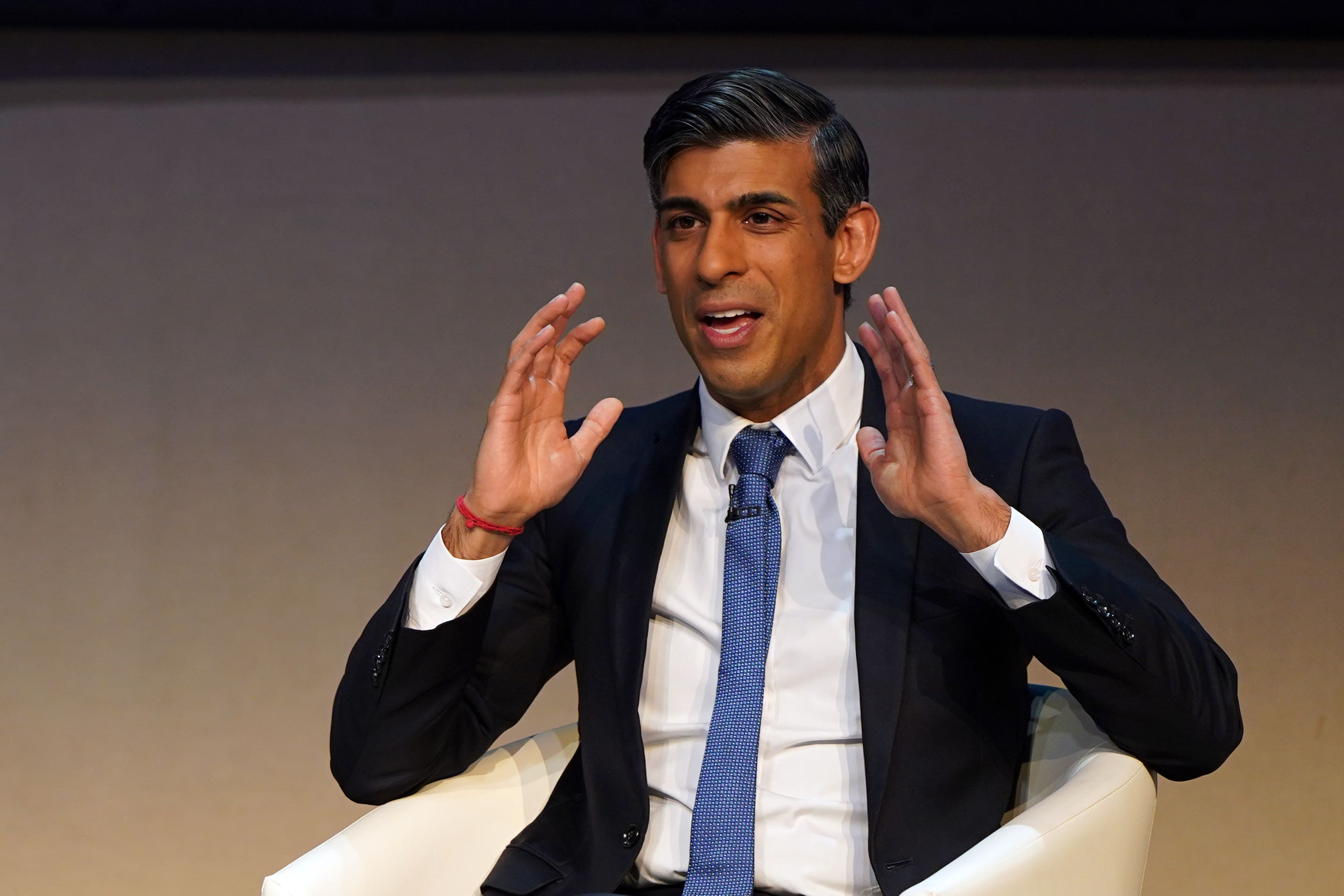Labour and the Tories have spent the bank holiday weekend skirmishing on the airwaves ahead of the local elections.
The Tories say they’re expecting to lose 1,000 seats. Labour says Rishi Sunak’s party should be expecting gains.
This might appear a rather unusual sight to anyone unfamiliar with the run-up to contests like this. Each party was talking down their own chances. Shouldn’t they be talking them up?
Actually, no. Seasoned Westminster watchers will be all too familiar with this dance. It’s all about managing expectations.
Local election results are notoriously open to interpretation. This is because of the complicated nature of the contests.
There are a number of factors at play: not only is each party’s standing in the polls important, but also the councils and seats up for election.
Different councils come up for election at each round, there are local factors at play in each race, and to make matters even more complicated some councils elect some of their seats in different years.
The last time these particular seats were voted on was under Theresa May, and the party performed poorly at the time – getting its second worst showing.
Labour says the Tories should make gains or Rishi Sunak is going backwards. This is half-true. In a sense, they might still be behind their 2019 level of popularity.
But it doesn’t necessarily mean the Tory leader isn’t making progress in the polls – there have been two prime ministers since, and the party sank to very low levels under them.
So the Conservatives could lose seats and still be making progress on, say, their performance under Boris Johnson or Liz Truss.
The polls suggests the Tories are recovering some of the ground lost under those two prime ministers and closing the gap with Labour – but it is still a huge gap, and bigger than any lead the opposition ever enjoyed running against Theresa May.
Elections expert Sir John Curtice has written for The Independent to give his take: he says “the polls point to a swing of only four to five points from Conservative to Labour as compared with four years ago”.
“Such a performance could limit Labour’s net gains of council control to less than double figures,” he reckons.
It’s this reason that Labour has been talking up the Tory chances so hard this time around – their gains may not look so spectacular on the night.
A slightly bigger win for Labour could see the party become the largest in local government across Britain as a whole.
Whatever happens, there will be plenty of ways to spin the result when the votes are counted.








Join our commenting forum
Join thought-provoking conversations, follow other Independent readers and see their replies
Comments